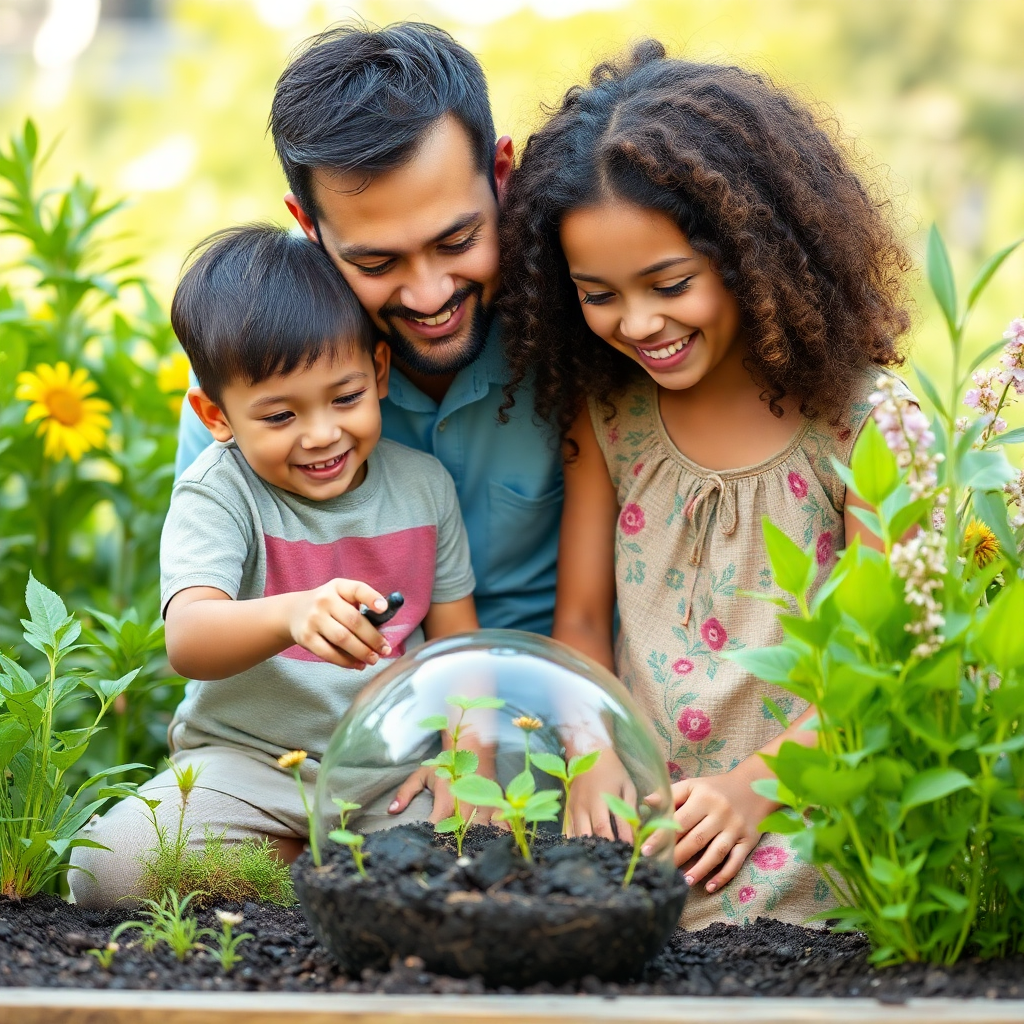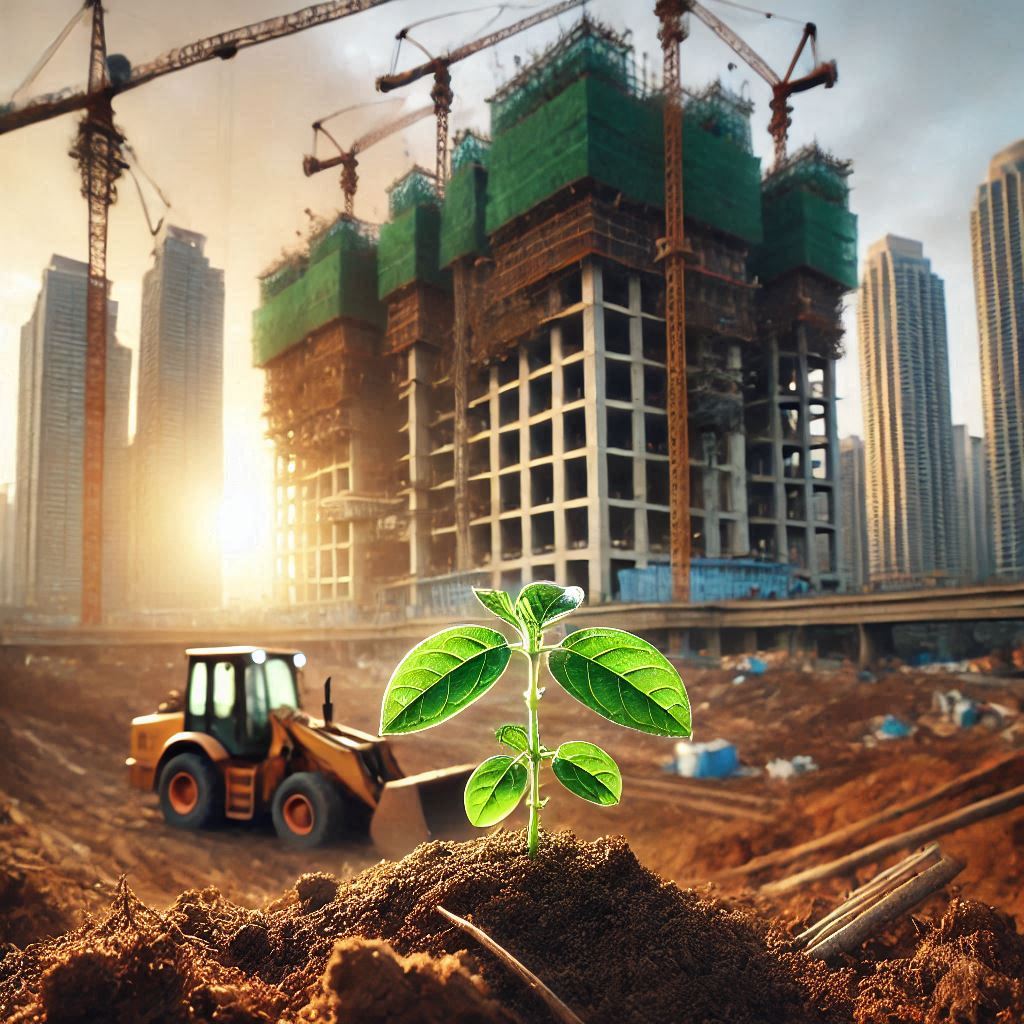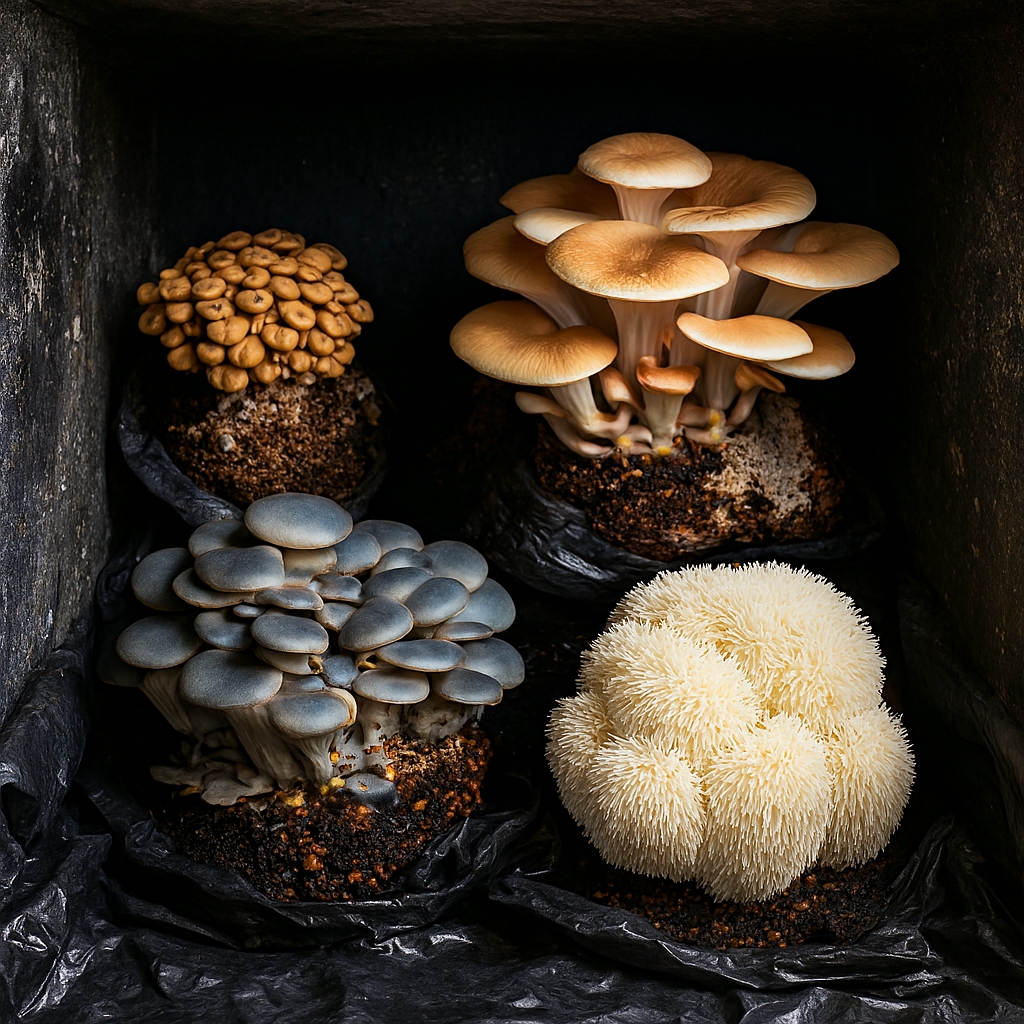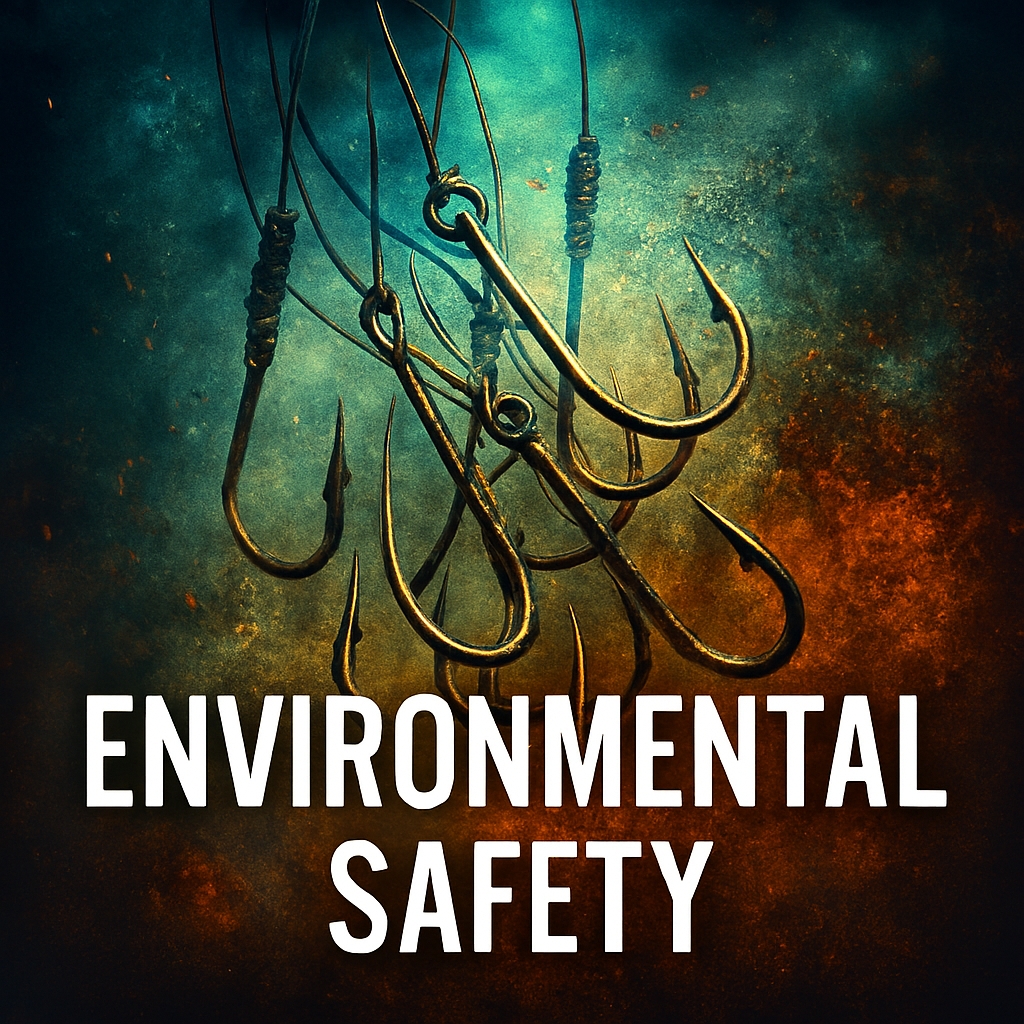Psychology and Family Environmental Projects
Inspiring Connections for Kids and Families
In a world that’s increasingly interconnected, teaching children about the environment while nurturing their psychological growth is more vital than ever.
Family-friendly projects that merge psychology and environmental science offer a powerful way to instill empathy, resilience, and eco-conscious habits.
By engaging in activities that blend mental well-being and environmental care, families can create stronger bonds while making a positive impact on the planet.

Understanding Psychology and the Environment
Psychology and environmental science are deeply interconnected.
The study of psychology helps us comprehend human behavior, particularly how individuals and groups interact with and impact the environment.
On the flip side, environmental projects foster an appreciation for nature, promoting mental well-being and encouraging positive habits that last a lifetime.
When you combine these disciplines into family-friendly activities, you cultivate both emotional intelligence and environmental stewardship in a way that resonates with kids and adults alike.
Why Family Engagement Matters
Family involvement in these projects adds an essential layer of connection.
Working together as a unit strengthens bonds, builds teamwork, and introduces children to the concept of collective responsibility.
Parents and siblings can model eco-friendly behaviors, turning lessons into practical habits.
This shared experience ensures these values stick, reinforcing a sense of purpose and community.

Creative Project Ideas for Kids and Families
Psychological Benefits Through Gardening
Gardening can be transformative for families.
Watching seeds grow into thriving plants teaches patience and nurtures responsibility.
Psychologically, the act of gardening reduces stress and encourages mindfulness.
When families garden together, they share these calming experiences, fostering communication and creating cherished memories.
Waste Reduction and Mental Wellness
Recycling projects are excellent for encouraging creativity while teaching sustainable practices.
Families can turn waste into art, creating sculptures or repurposed objects.
These hands-on projects can boost problem-solving skills, instill a sense of accomplishment, and provide a therapeutic outlet for both kids and adults.
Community Volunteering for Environmental Good
Engaging in community activities, like clean-ups or tree planting, gives children firsthand experience of environmental care.
It also develops empathy and a sense of belonging.
These collective efforts show families they can be part of something greater, positively influencing their mental health and teaching the importance of communal action.

A Fun Family Environmental Project
Build a Bug Hotel
Building a bug hotel is a fantastic, hands-on project that kids and parents can enjoy together while learning about biodiversity.
Begin by gathering natural materials like twigs, pinecones, bark, dry leaves, and bamboo canes.
Choose a wooden box or an old crate as the base of your bug hotel.
Layer the materials inside the box, creating small gaps and spaces for insects to nest and hide.
Decorate the outside or arrange the materials creatively for a personal touch.
Place the bug hotel in a garden, balcony, or nearby green area where bugs can safely settle.
Observe how insects like ladybugs, bees, and beetles begin to make it their home over time.
This project fosters a love for nature and helps children understand the important role insects play in our ecosystem while encouraging environmental stewardship.
Why These Projects Are Vital
Building Future Advocates
Involving children in environmental psychology projects lays the groundwork for a future generation of advocates.
They learn to understand their impact on the planet and adopt eco-conscious habits early.
Through these experiences, kids are empowered to make positive changes, both in their personal lives and in broader social contexts.
Addressing Emotional Growth
These projects also address key psychological needs.
Activities that promote mindfulness, empathy, and responsibility contribute to emotional growth.
For kids, this means building resilience, self-esteem, and awareness.
For families, it encourages harmony and shared values, strengthening relationships.

Conclusion
Psychology-environmental projects are more than activities—they are gateways to understanding ourselves and our world.
By participating in these experiences, families can forge stronger connections, develop emotional intelligence, and cultivate eco-friendly habits.
Most importantly, these projects empower the next generation to be stewards of both the planet and their communities.
So, why wait? Start making meaningful changes today and inspire others to do the same.
Together, we can build a brighter, greener future for all.
Join the Discussion
Have you tried any of the ideas mentioned, like gardening, recycling, or building a bug hotel with your kids?
What activities do you think work best to inspire children to care for the environment while fostering their emotional growth?
#FamilyBonding #KidsActivities #EcoFriendly #SustainableLiving #PsychologyProjects #EnvironmentalCare #MindfulParenting #TeachingResponsibility #NatureLovers #GardeningWithKids #CreativeRecycling #Biodiversity #BugHotelProject #EcoConsciousFamilies #MindfulnessForKids #EnvironmentalEducation #TeamworkForFamilies #EmotionalGrowth #EcoAdvocates #CommunityAction #FamilyTime #SaveThePlanet #HandsOnLearning #OutdoorAdventures #ParentingTips #PositiveHabits #LoveNature #ResilienceBuilding #InspireChange #GreenFuture

















The Bad Biased Psychology Of Judging Disabled Individuals
[…] individuals with a disability are crucial steps in dismantling biases. Education fosters empathy, helping people understand the realities and strengths of individuals with a disability rather than focusing on stereotypes. Exposure to […]